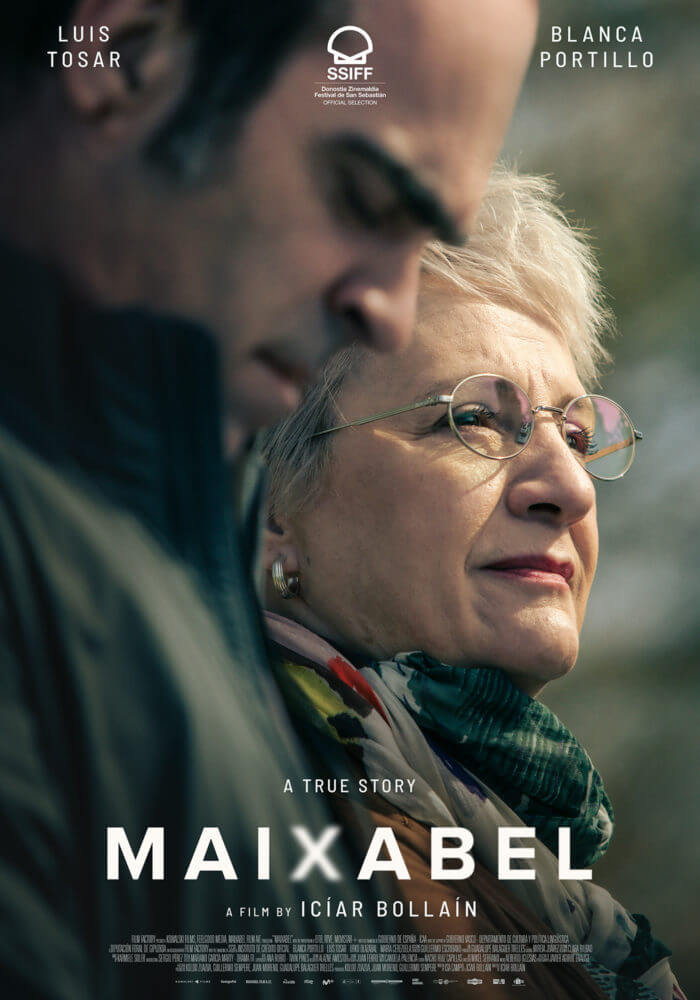Maixabel Edinburgh Spanish Film Festival
Jim Welsh
Maixabel Edinburgh Spanish Film Festival – Radio Summerhall Arts

A welcome return to in-person showings for the Spanish Film Festival, making a triumphant start with an exceptional film that contains two exceptional performances.
Iciar Bollain’s film, based on real life events, addresses the question of the possibility of finding forgiveness for a crime that changes your life forever, in the face of genuine repentance by the perpetrator.
In 2000, Basque politician Juan Maria Jauregui was shot dead by ETA assassins while he sat in a café with friends. This event forms the opening segment of Maixabel, from which we move swiftly forward to 2011. By this time the killers have served 10 years in prison, and Jauregui’s widow Maixabel Lasa (Blanca Portillo) heads up a group set up in remembrance of all victims of terrorism, regardless of which side of the divide they are on.
Her stance, as can be easily imagined, is not universally popular, but is rooted in the need for understanding and reconciliation with those whose acts of violence have left so many dead, simply because the views they held opposed their own.
A prison initiative (which proved to be short-lived, due to a change of government) is introduced to give the opportunity for “restorative meetings” between terrorists and their victims. This is taken by two of Jauregui’s killers, firstly Luis (Urko Olazabal), already worn down by self-doubt and self-recrimination after his years of incarceration who has already rejected the ideal he held that had led him to kill.
The keynote of this film is balance, impeccably portrayed through the script and the performances of the cast. Rights and wrongs are not judged, we know the facts of the matter, and these are presented with the minimum of added emotion. Portillo is the epitome of dignity as Maixabel, her gaze as she sits opposite Luis across the table shows more than words can possibly convey.
When the man who pulled the trigger, Ibon (Luis Tosar) has wrestled with his internal conflict and decides he, too, would wish to meet with her, he finds that he is too late, the scheme has suddenly been scrapped. But meet they do, and the film closes with him laying flowers at Jauregui’s memorial in the hills at a gathering of remembrance for the man he killed. As he does so, the assembled friends and relatives sing a Basque song. (I did not know this at the time I saw the film, butone of the singers is Maixabel herself).
A powerful piece of cinema that deserves the widest audience, its central themes shed light on events that no doubt some in Spain might wish stayed buried. The message though, is for the world at large.






















